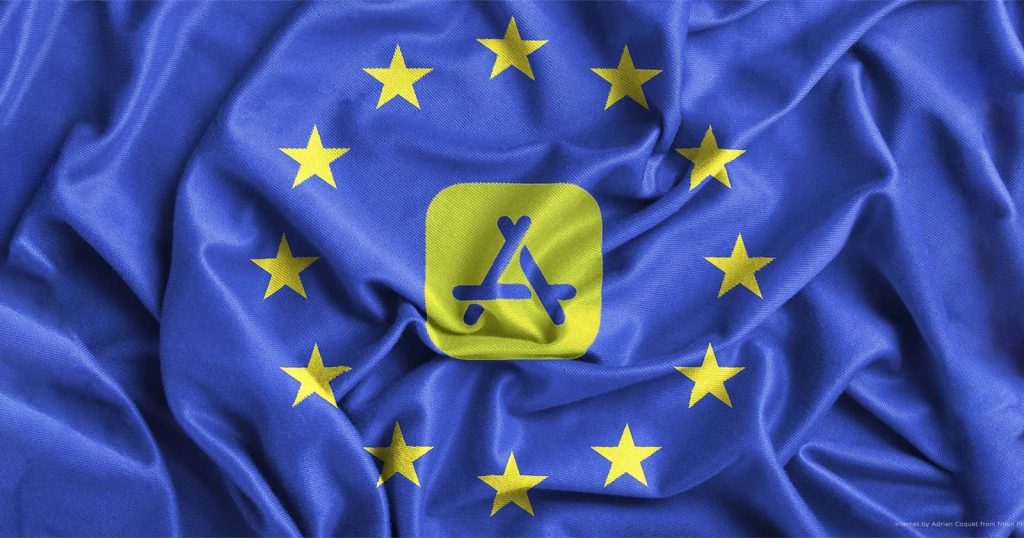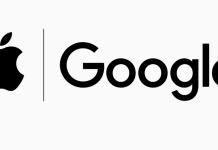Apple is one of the world’s largest companies and has more cash in its reserves than many countries. Unfortunately, even this size is not enough to stand up against regulations and authorities. As you may know, due to a European Union regulation passed last year, the company had to say goodbye to its own charging port, Lightning, and was forced to use USB-C in the iPhone 15 series. However, according to emerging information, the EU is not satisfied with just that. The new Digital Markets Act that the Union is working on could potentially break Apple’s monopoly on the App Store.
Apple CEO Tim Cook Says Company Committed to Complying with Digital Markets Act, Despite Concerns
The EU Digital Markets Act is a new law designed to ensure fair competition in the digital sector by regulating big tech companies. In essence, it prevents monopolization, like what we see with the App Store and Play Store, where a manufacturer controls its own store and dominates the entire economy of that platform. This law is particularly relevant for Apple products, especially since they don’t allow sideloading. Because of this, some people even refer to the DMA as the “Apple Law.”

However, pushing Apple to do something isn’t that simple. That’s why CEO Tim Cook met with the EU industry chief, Thierry Breton, on September 26 to talk about the Digital Markets Act. Breton urged Cook to make Apple’s hardware and software ecosystem more accessible to competitors. He believes that Apple device users should have the advantage of choosing from a variety of competitive service providers.
Apple has previously criticized the DMA, claiming that it poses risks to users’ privacy. However, Cook has also said that Apple is committed to complying with the DMA. It is not yet clear what specific changes Apple will make to its business practices in order to comply with the law.
The DMA is expected to come into force in 2024. It will be interesting to see how Apple responds to the law and how it changes its business practices as a result.
RELATED:
- Xiaomi Smart Band 8 vs Xiaomi Smart Band 7: Comparison
- Best Apple Watch Cases in 2023: Spigen, Otterbox, Casetify & More
- China hasn’t Included Apple in its Registered App Store List for Some Reason
- Apple Acknowledges iPhone 15 Pro, Pro Max Discoloration Issue Without Usage Of Case
- French authorities review Apple’s Software update for iPhone 12 amid radiation concerns
(via)







